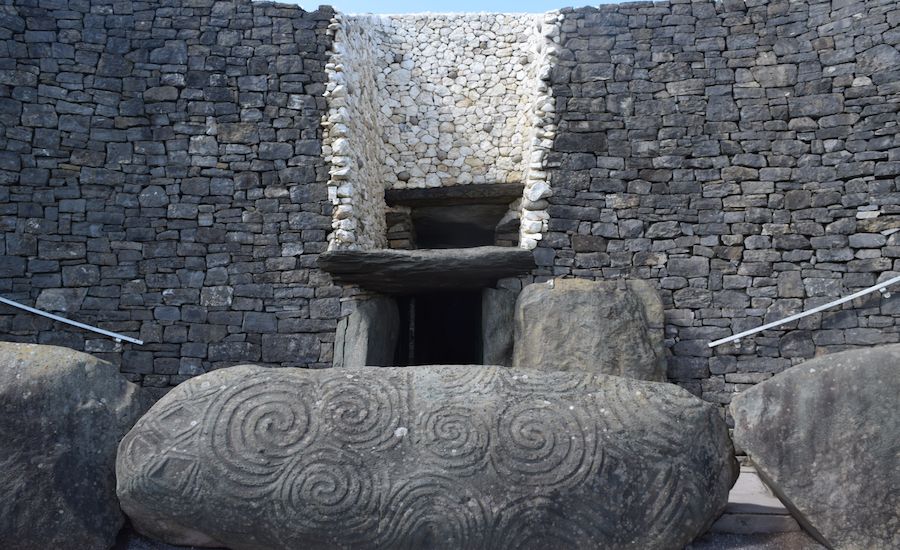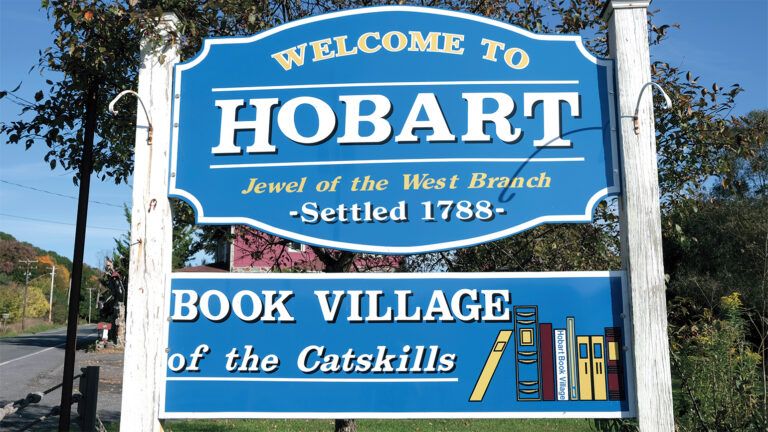Mention Ireland and many people think immediately of St. Patrick, but there’s much more to Ireland’s rich spiritual history than the 5th-century saint and his mission to convert the Irish to Christianity. With monuments older than Egyptian pyramids, ancient stones designed to align with the sun and a battlefield where opponents fought over the future of Christianity, Ireland is steeped in religious history that is beautiful, memorable and, at times, mystifying.
TRAVEL TO SOUTHERN ITALY & THE AMALFI COAST WITH GUIDEPOSTS! DON’T MISS THIS AMAZING 12-DAY TOUR.
Community Newsletter
Get More Inspiration Delivered to Your Inbox
The region known as the Ancient East, from Drogheda, County Meath to Kilcullen, County Kildare, features beautiful scenery and sites marking major periods in over 5,000 years of Irish history.
Begin about 45 minutes outside of Dublin, in the Boyne Valley of Drogheda. This is home to three major Neolithic sites, Newgrange, Knowth and DowthIn. They date back to around 3,200 B.C.—about 1,000 years before the Great Pyramid of Giza. Although the exact purpose of these monuments is not known, they are no longer believed to be simply burial grounds. Instead, they are believed to be pagan sacred temples meant for worship services, since they have only a few tombs between them (1 at Newgrange, 2 at Knowth and 3 at Dowth).
There are mysterious shapes and patterns carved into the stone entrance and walls of Newgrange, which may be an ancient language. No one knows exactly what they mean. One thing that researchers and visitors have discovered is that the pathway to the narrow entrance of the tomb lines up directly with the rising sun during the winter solstice, the shortest day of the year. Every year in December, the Brú na Bóinne center (the information, exhibition and admissions center for Newgrange and Knowth) hosts a lottery for 100 people to experience the sun rising from inside Newgrange during the days before during and just after the solstice.
For visitors who can’t make it during the winter or who aren’t lucky enough to win the lottery, you can experience a reenactment of the sun’s rising from inside Newgrange all year round, A tour guide will trigger lights that slowly illuminate the path up from the entrance into the center, imitating the way the sun rises in the morning, proving how important the sun was to the ancient Irish people.
A very short drive from Newgrange lies the most significant battleground in Ireland’s Christian history. Catholic James II of England and Protestant William III of England, along with soldiers from all over Europe, fought the July 1, 1690 Battle of Boyne. It was a short but decisive victory for William III and solidified Protestantism in Ireland. With William III’s victory, he not only held onto the English throne and English rule of Ireland, he also shaped France’s power in Europe. Visitors to the Battle of Boyne Centre can see a reenactment of the battle and can walk the grounds along the Boyne River where the Battle was fought.
Not far from Boyne Valley is the breath-taking Glendalough Monastic Site of County Wicklow, a 6th-century monastery founded by St. Kevin. Though much isn’t known about who St. Kevin was, he is revered for his love of nature, which drew him to a life of solitude in the incredible Glendalough. St. Kevin was said to have found his home in a cave in Glendalough by way of an angel who visited him. While he went there to escape his followers and commune with God in the wilderness, his followers soon joined him there and the monastic site was built. Today, all that remains of this early Christian settlement are a majestic round tower, stone churches, and the outward structure of a cathedral. Watch a video from beautiful Glendalough here. With history and mystery, and the beauty of the valley the ancient east of Ireland is well-worth the trip.
See beautiful pictures from senior digital editor Brooke Obie’s trip to Ireland’s Ancient East here!
Brooke Obie visited the Republic of Ireland courtesty of Failte Ireland tourism board. These are her favorite experiences from the trip.





